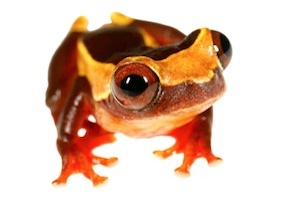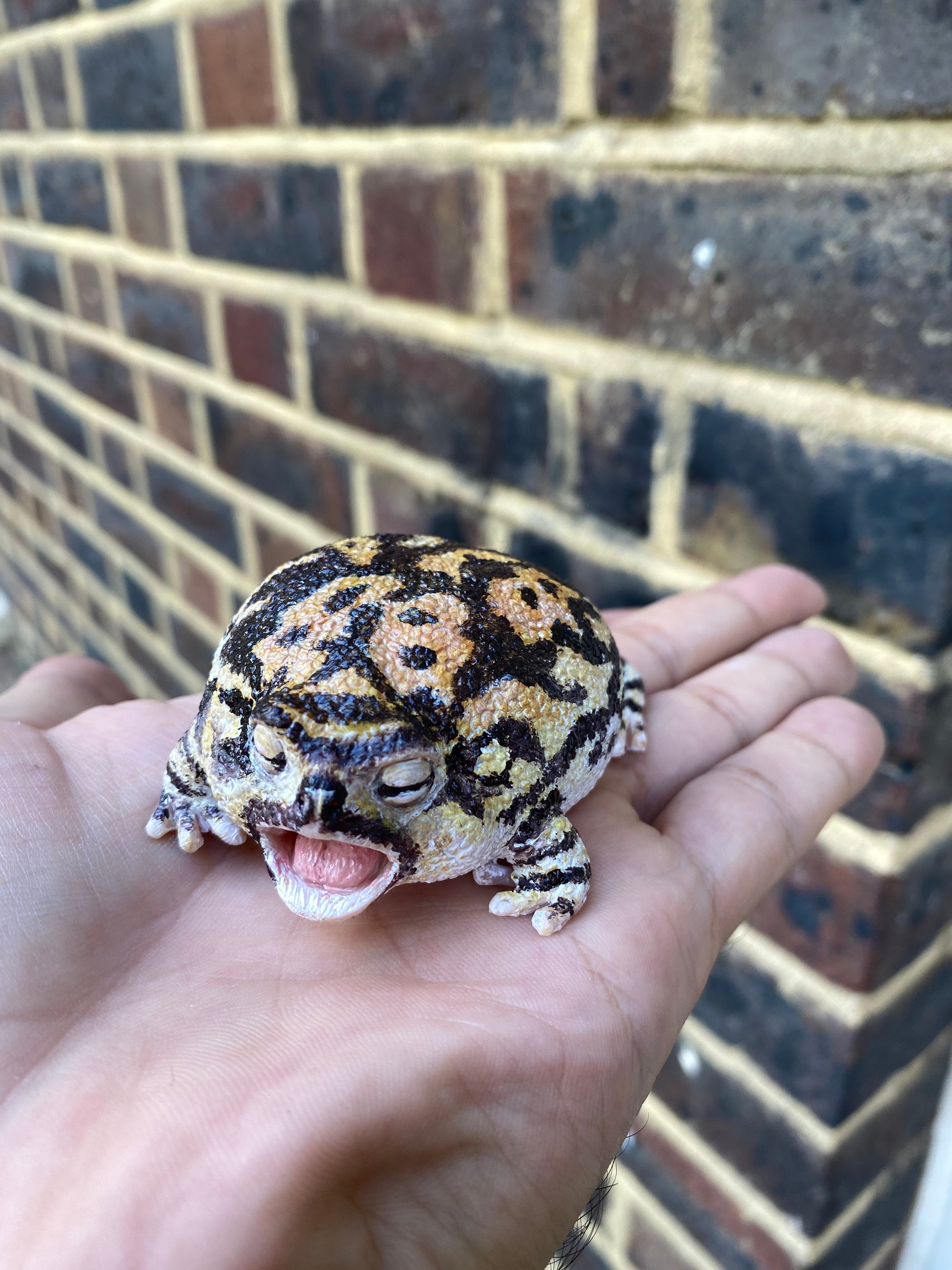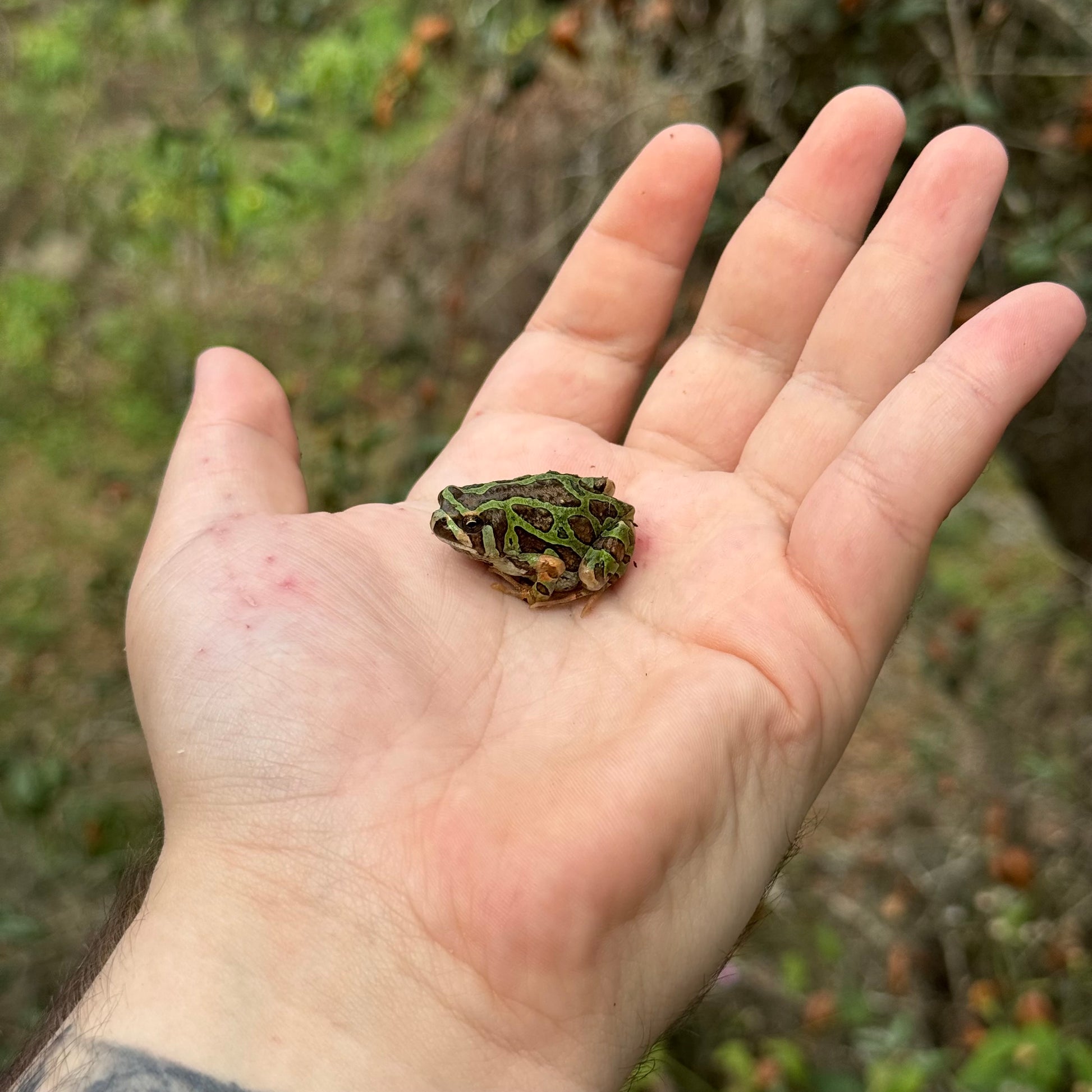Common Wellness Issues in Reptiles: Signs And Symptoms and Solutions
In the elaborate world of reptile care, recognizing the typical health concerns that may influence these special creatures is extremely important in ensuring their health. Whether it's grappling with parasitic infestations, navigating dehydration problems, or attending to skin ailments that materialize in refined methods, being attuned to the signs and symptoms and furnished with the knowledge of effective solutions is important for any kind of reptile owner.
Respiratory Infections
Respiratory system infections in reptiles can substantially influence their total wellness and call for timely interest from skilled veterinarians. In reptiles, respiratory infections can be especially challenging to diagnose and deal with due to their one-of-a-kind makeup and physiology.
Treatment for respiratory infections in reptiles usually involves a combination of supportive treatment, such as preserving appropriate moisture degrees and temperature slopes in the enclosure, as well as targeted drug to attend to the certain microorganism in charge of the infection. It is essential for reptile owners to monitor their pet dogs closely for any type of indicators of breathing distress and look for veterinary treatment at the earliest indication of a concern. With prompt intervention and appropriate therapy, many reptiles can recoup completely from respiratory infections and resume typical tasks.

Metabolic Bone Condition
What variables add to the growth of Metabolic Bone Illness in reptiles?
Metabolic Bone Condition (MBD) in reptiles is mainly brought on by an absence of correct calcium, phosphorus, and vitamin D3 levels in their diet. When reptiles do not receive appropriate calcium, either via their food or appropriate UVB exposure for vitamin D3 synthesis, they go to a high threat of creating MBD. Reptiles with diets low in calcium or imbalanced calcium to phosphorus proportions are specifically at risk. Furthermore, insufficient direct exposure to UVB light protects against reptiles from synthesizing vitamin D3, which is critical for calcium absorption and bone health.
Various other contributing variables to MBD consist of inappropriate temperature level gradients within the reptile's environment, causing lowered metabolism and damaged calcium absorption. Not enough moisture degrees can also impact a reptile's ability to metabolize calcium effectively. Furthermore, particular reptile varieties have details nutritional demands that, if not met, can increase the chance of establishing MBD. Regular vet examinations, proper husbandry practices, and a well balanced diet plan are necessary to avoid Metabolic Bone Condition in reptiles.
Parasitic Problems
Parasitical infestations posture a considerable health threat to reptiles, impacting their overall wellness and calling for prompt veterinary interest. Reptiles can be influenced by different parasites, including termites, ticks, internal worms, and protozoa. These bloodsuckers can create a variety of symptoms, such as weight loss, lethargy, skin irritability, looseness of the bowels, and even fatality if left untreated.
One common bloodsucker found in reptiles is the mite, which can trigger skin inflammation, stress, and anemia. Ticks are an additional external parasite that can create and transmit conditions pain to the reptile. Internal parasites like worms and protozoa can bring about site here gastrointestinal problems, malnutrition, and damage the reptile's immune system.
To diagnose a parasitic problem, a vet might carry out fecal examinations, skin scrapings, or blood examinations. Therapy often includes deworming medicines, antiparasitic bathrooms, or in serious instances, a hospital stay. Preventative measures such as regular vet exams, proper health, and quarantine treatments for brand-new reptiles can help minimize the risk of parasitical invasions and make sure the wellness of reptile animals.
Dehydration and Hydration Issues
Dehydration in reptiles can significantly influence their health and health, necessitating timely intervention and appropriate hydration management. If left untreated, dehydration can lead to significant health and wellness problems and also be fatal to the reptile.
To avoid dehydration, reptile proprietors should make certain that their family pets have accessibility to tidy water in any way times. The water dish must be large sufficient for the reptile to saturate in if required, especially for varieties that take in water via their skin. Additionally, keeping correct humidity degrees in the reptile's enclosure and look at these guys giving normal baths can assist prevent dehydration.
In instances of dehydration, it is vital to seek veterinary care promptly. A veterinarian might administer fluids either by mouth or via injections to rehydrate the reptile. It is important to attend to the underlying reason of dehydration to avoid recurrence and make sure the reptile's total well-being.
Skin Conditions

Conclusion

Breathing infections in reptiles can considerably impact their total wellness and need punctual interest from knowledgeable veterinarians (rain frog for sale). Preventative actions such as routine veterinary exams, appropriate hygiene, and quarantine treatments for new reptiles can help minimize the threat of parasitic problems and guarantee the well-being of reptile pet dogs
If left without treatment, dehydration can lead to serious health and wellness problems and even be deadly to the reptile.
Routinely evaluating your reptile for any kind of modifications in skin look, structure, or shade can aid in very early discovery and treatment of skin disorders, promoting the general health and wellness of your scaly buddy. - rain frog for sale
In final thought, reptiles are vulnerable to different click here for more info wellness issues such as breathing infections, metabolic bone condition, parasitical infestations, dehydration, and skin conditions.